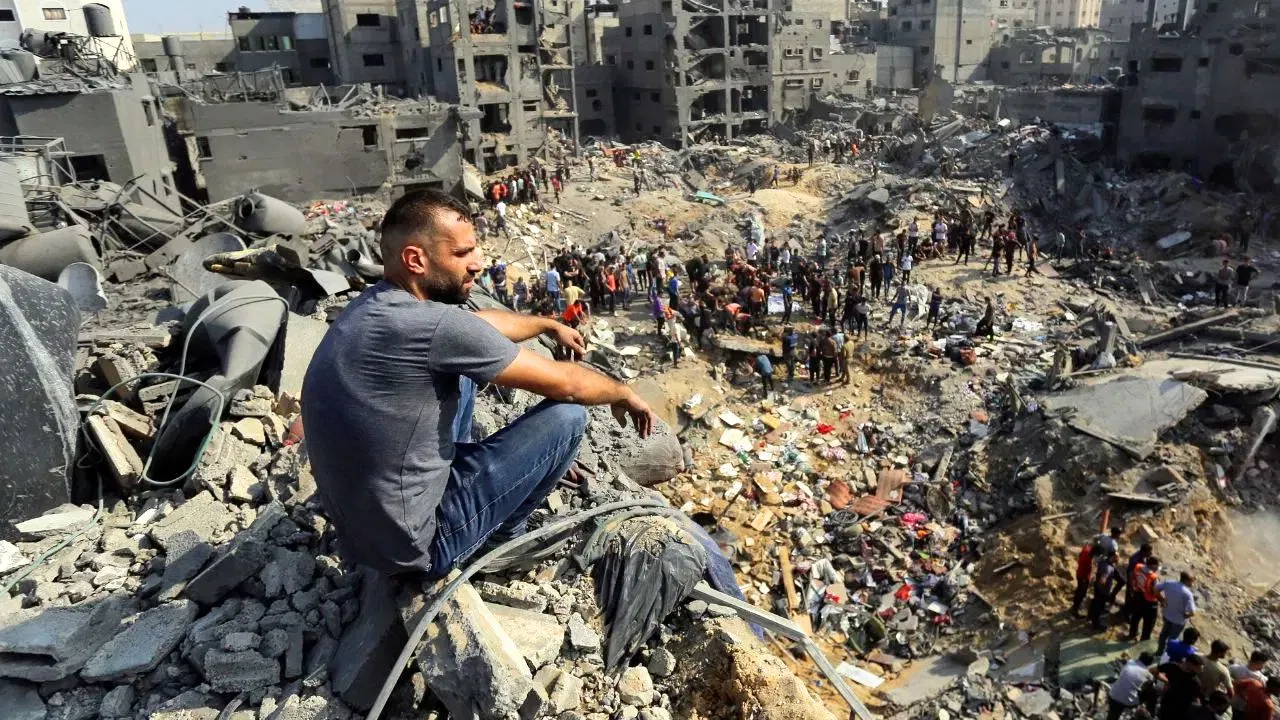UN Votes for Gaza Ceasefire: 149 Nations Support, India Abstains — Here's Why
- byPranay Jain
- 13 Jun, 2025

Amid relentless Israeli airstrikes on Gaza, the United Nations General Assembly on Friday overwhelmingly passed a resolution calling for an immediate, permanent, and unconditional ceasefire. The proposal, initiated by Spain, also demanded the swift release of hostages. Of the 193 UN member states, 149 supported the resolution, 12 opposed it, and 32 abstained — including India.
India’s decision to abstain has drawn attention globally. While New Delhi did not vote for or against the resolution, it reiterated its concern over the worsening humanitarian crisis in Gaza and emphasized its long-standing stance of promoting peace through dialogue.
Why Did India Abstain?
India's Permanent Representative to the UN, Parvathaneni Harish, explained that India has consistently chosen neutrality in similar resolutions regarding the Israel-Palestine conflict. He emphasized India's commitment to humanitarian support and peaceful resolution, stating,
"India remains deeply concerned about the deteriorating situation in Gaza. Our abstention is consistent with our past voting patterns. We continue to support efforts for peace and call for dialogue and diplomacy."
Harish also highlighted that India has provided aid to Gaza both bilaterally and through UN mechanisms and reaffirmed its support for the release of all hostages still in captivity.
Countries That Abstained
India was joined by 18 other nations in abstaining, including Albania, Cameroon, Ecuador, Ethiopia, Malawi, Panama, South Sudan, and Togo.
The Global Vote
-
Supported by: 149 countries
-
Opposed by: 12 countries
-
Abstained: 32 countries (including India)
This vote follows the failure of a similar ceasefire resolution in the UN Security Council last week, which the United States vetoed, citing concerns about its framing and implications for Israel’s right to self-defense.
India’s Consistent Stand
India has walked a careful diplomatic line during the Israel-Palestine conflict. While condemning civilian casualties and calling for humanitarian aid, it has avoided taking sides outright. Friday's abstention reflects this tightrope strategy — avoiding alienation from either Western allies or key partners in the Arab world.






